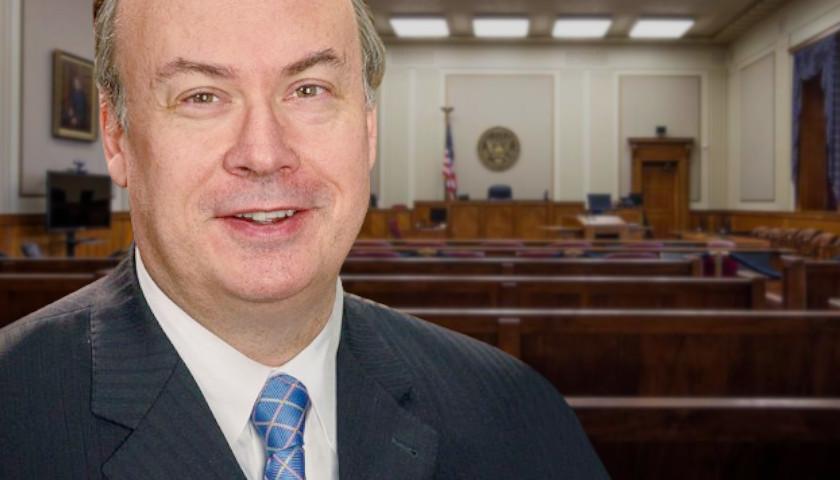As time expired in the Florida legislative session, a consumer protection bill died. The bill, HB 969, would have given consumers more control over data collected by large companies and would have required businesses in Florida to tell consumers what data has been collected and how it’ll be used.
The bill drew much opposition from the business community, and was glad to see the bill expire. Companies like Apple, Target, Quicken Loans, and Walt Disney Parks hired a total of 343 lobbyists to work on killing the bill.
The legislation “would have been a class-action litigation bonanza,” said William Large, president of the Florida Justice Reform Institute. “At the end of the day, the bill was about plaintiffs’ attorney fees and nothing more.”
The bill had bipartisan support in both chambers, and Sen. Jennifer Bradley said it was intended to crack down on the “surveillance economy” leading to increased concern from consumers about how their data is being mined and collected by large corporations.
The House bill would have allowed consumers to sue companies collecting or sharing personal information without the permission of the consumer, as well as allowing consumers to opt out of the data sharing practices between corporations.
Data privacy was a priority issue for Florida House Speaker Chris Sprowls (R-65) going into the legislative session.
“Should a private citizen be able to say to a big corporation, ‘Hey, I asked you not to collect my data and you did it anyway.’ Or, ‘I asked you not to collect it and not only did you collect it, you sold it without my permission,’” said Sprowls. “A private citizen should be able to do that in my opinion.”
Florida’s bill followed California enacting their own data privacy restrictions, but too many differences between the House and Senate versions of the bill lead to its demise.
– – –
Grant Holcomb is a reporter at the Florida Capital Star and the Star News Network. Follow Grant on Twitter and direct message tips.
Photo “William Large, president of Lobbying Organization” by Florida Justice Reform Institute.







